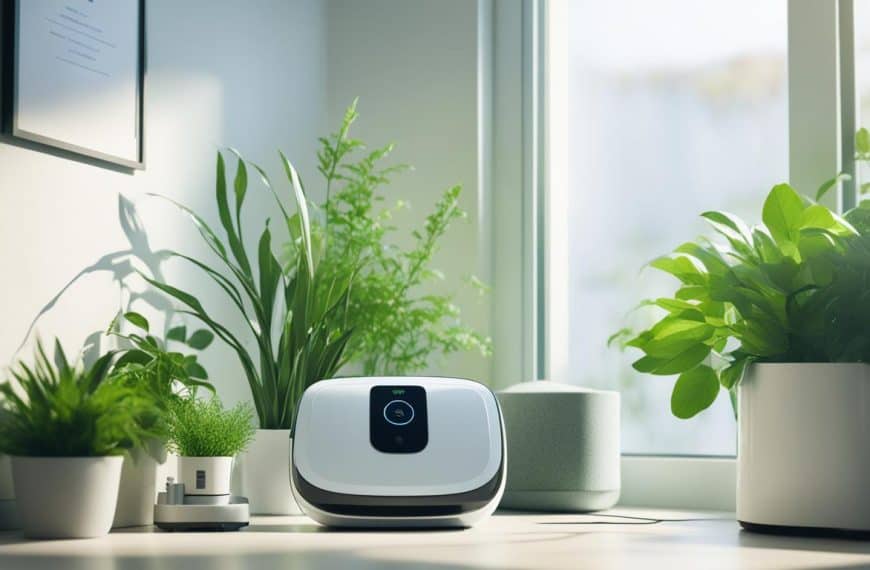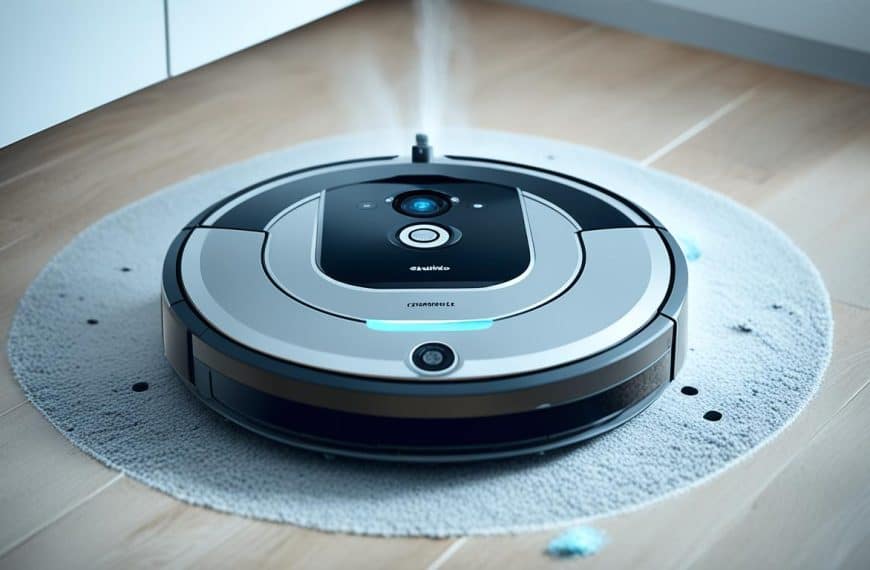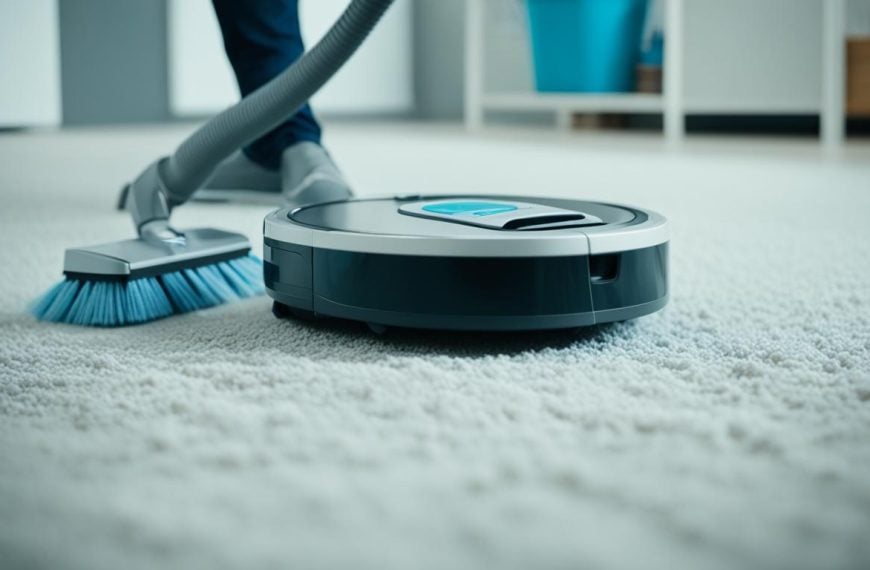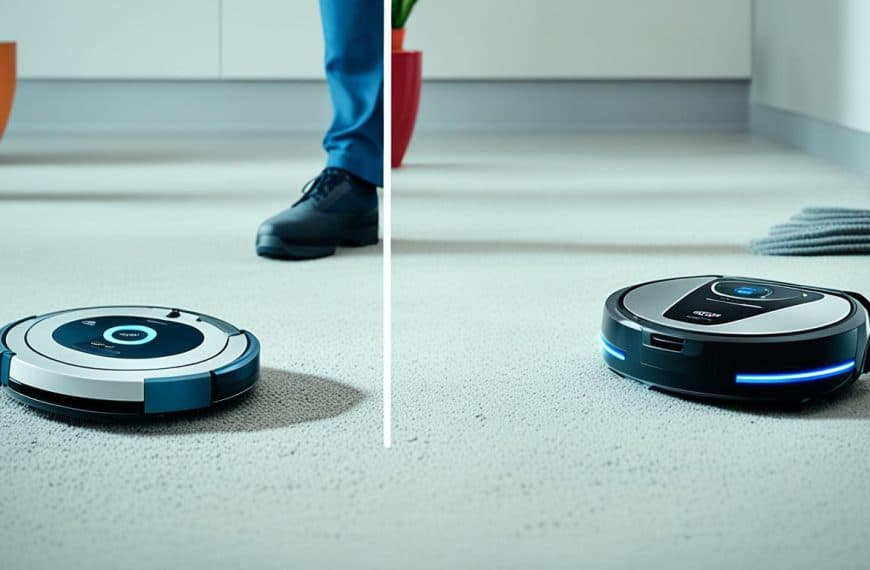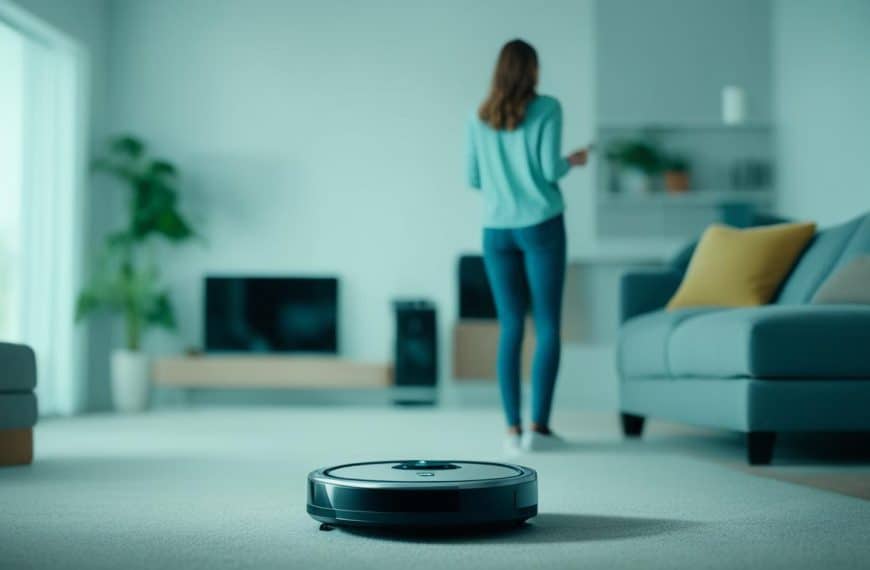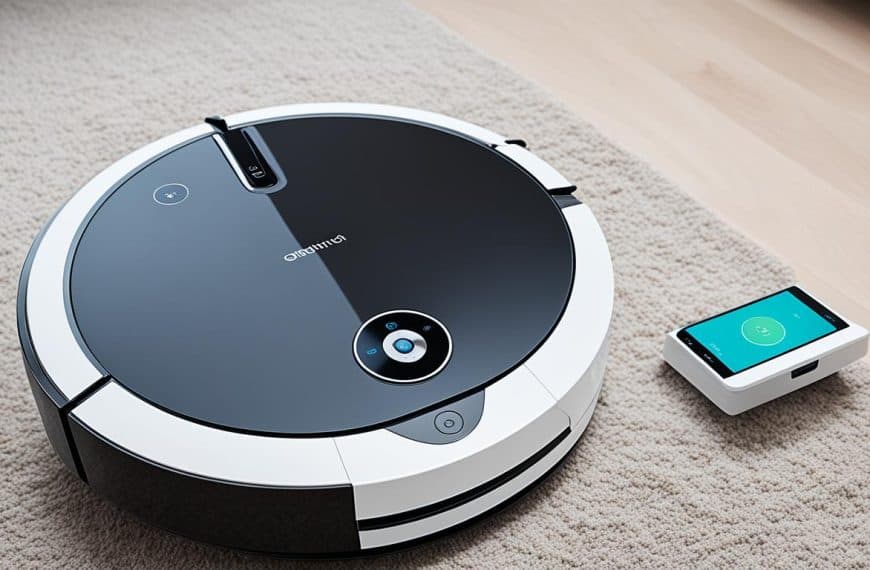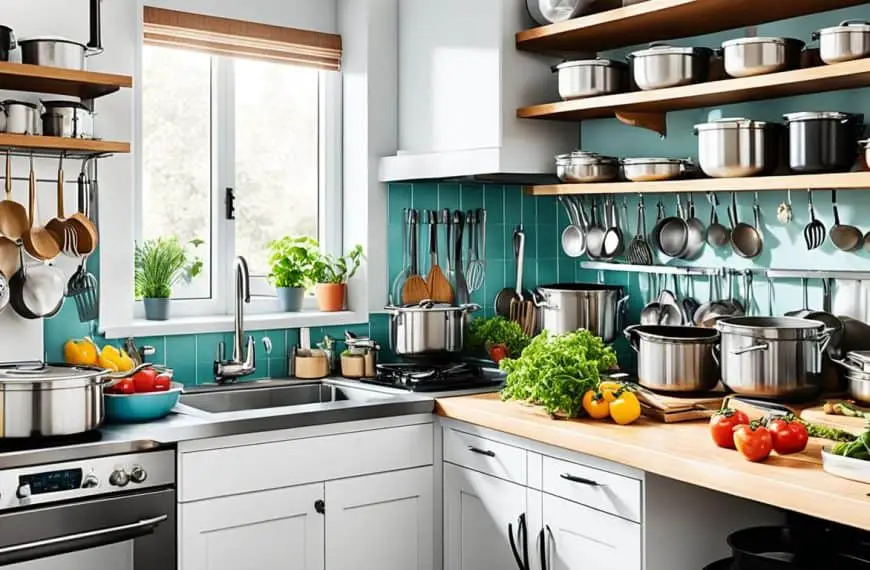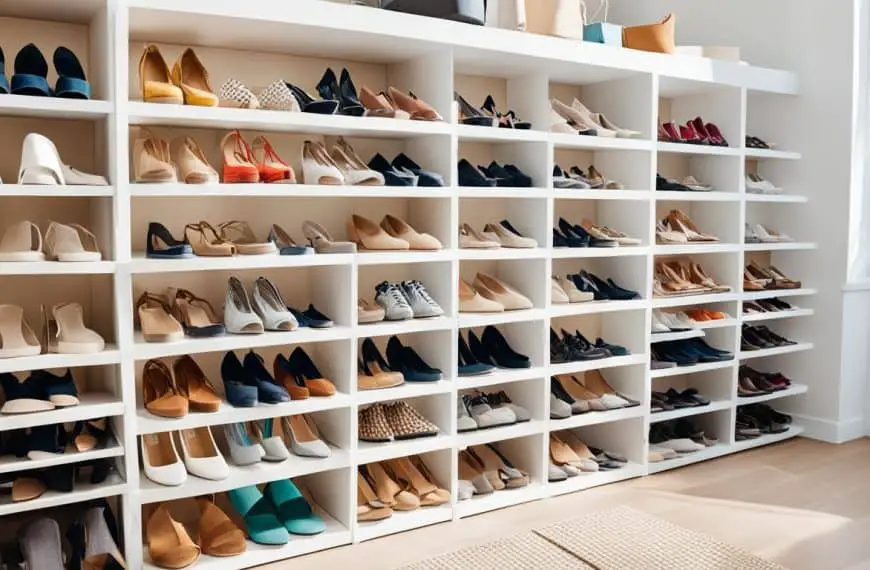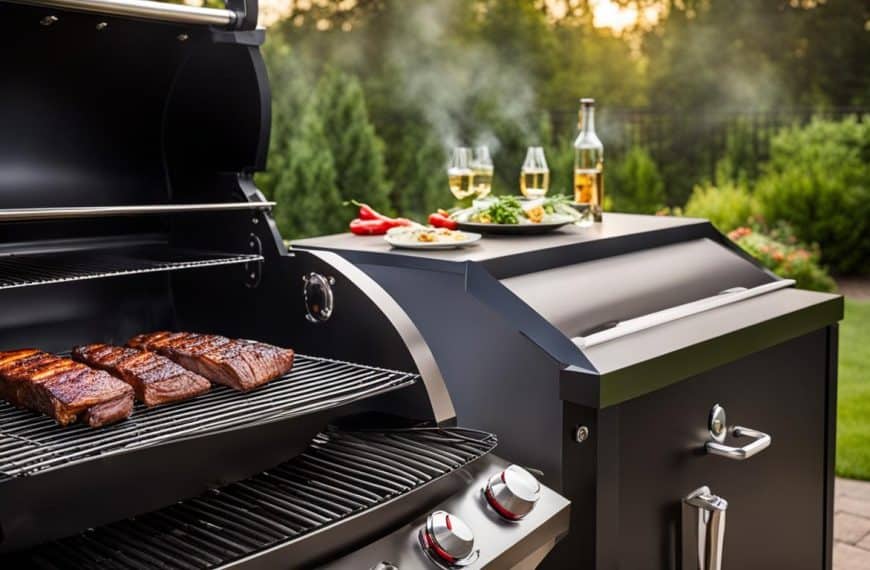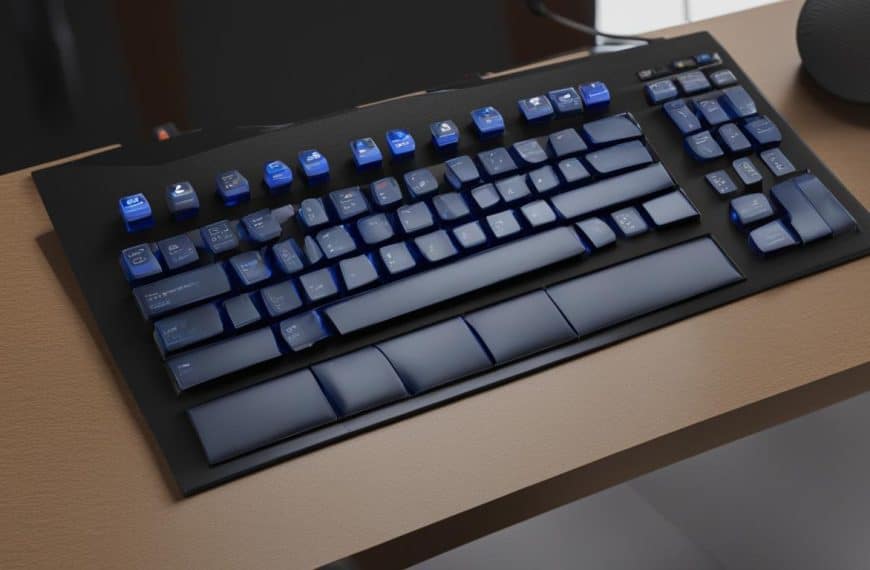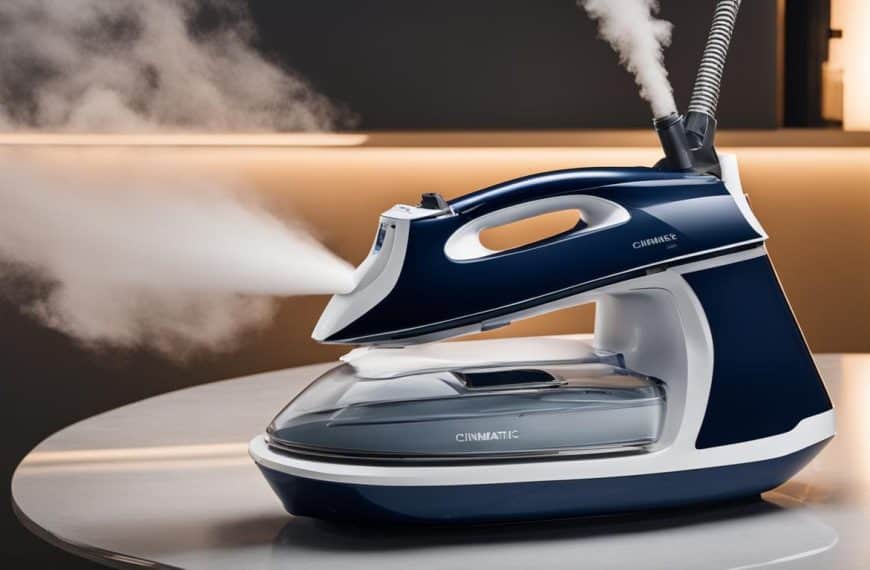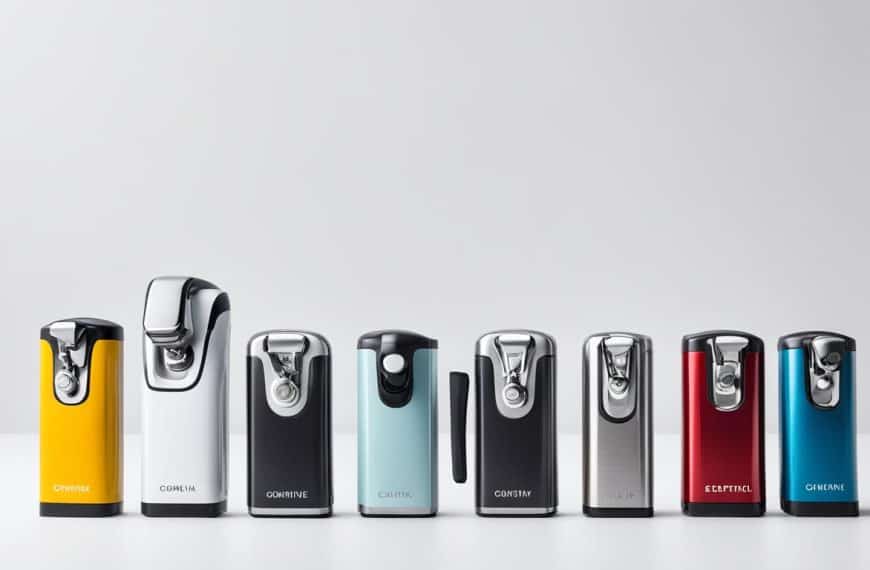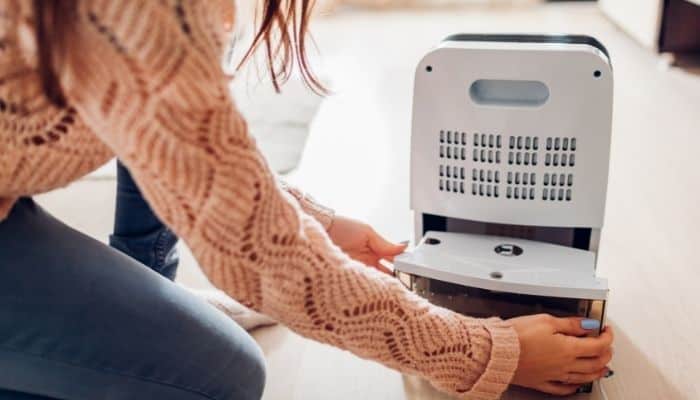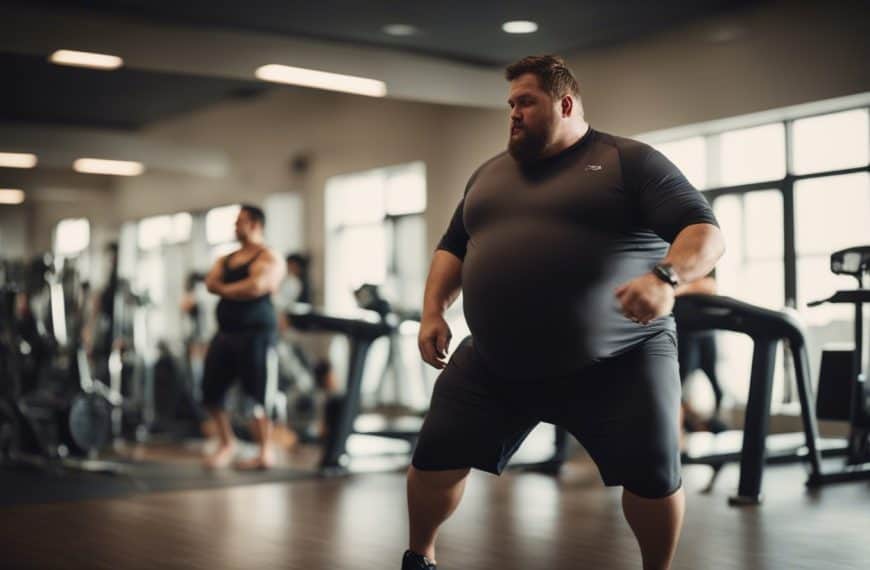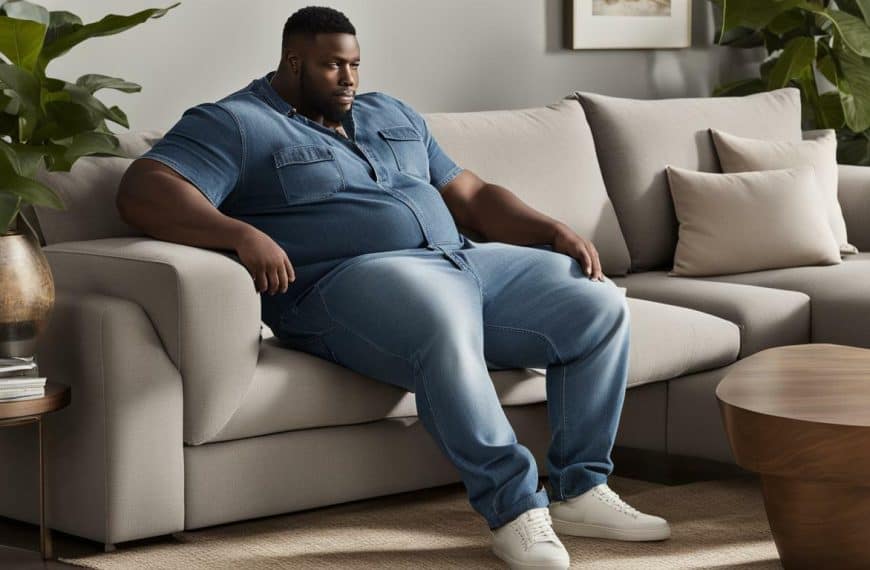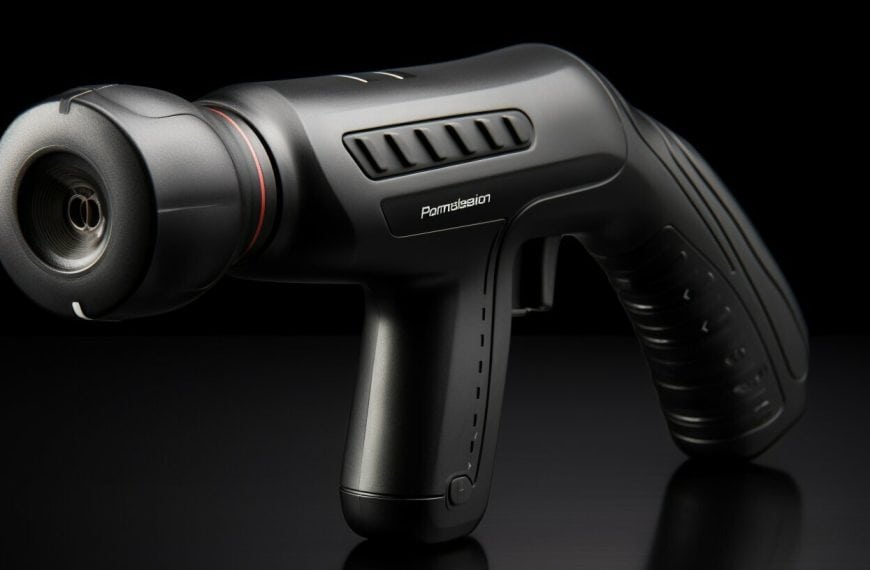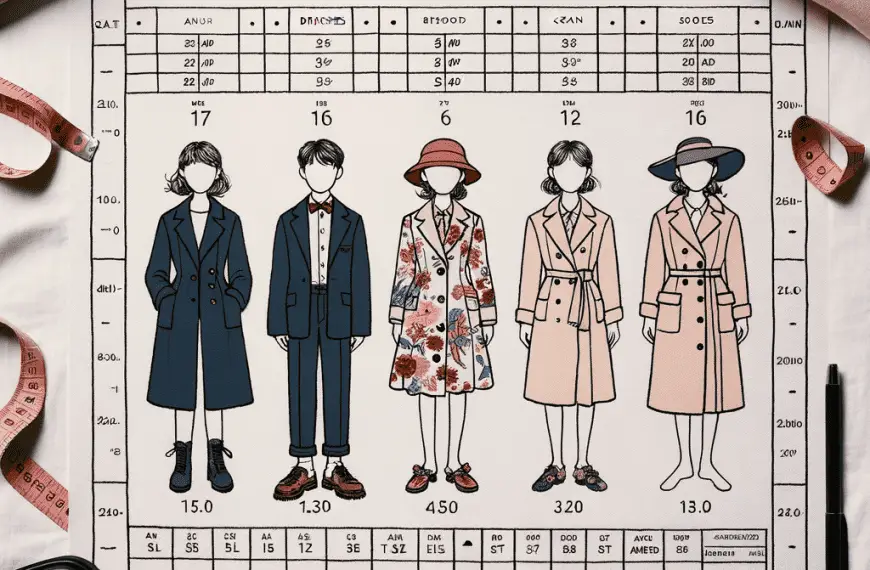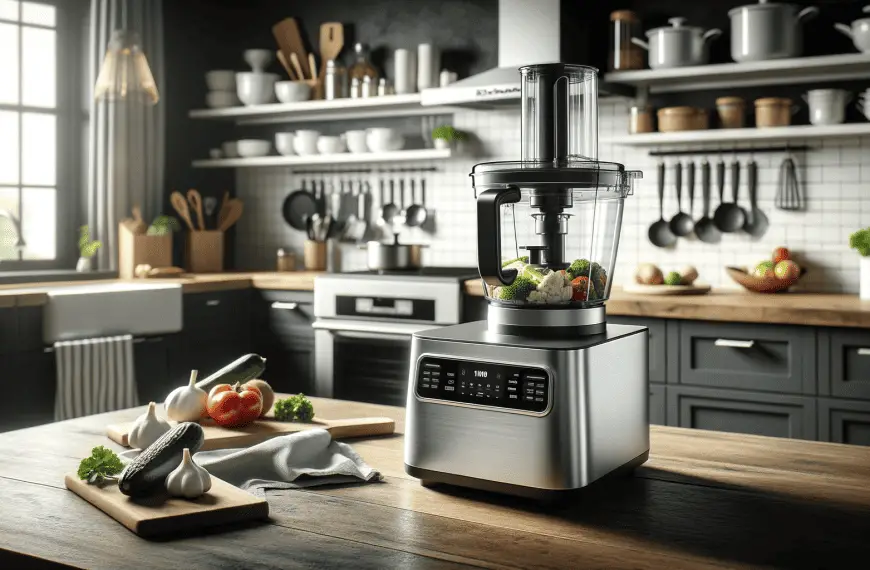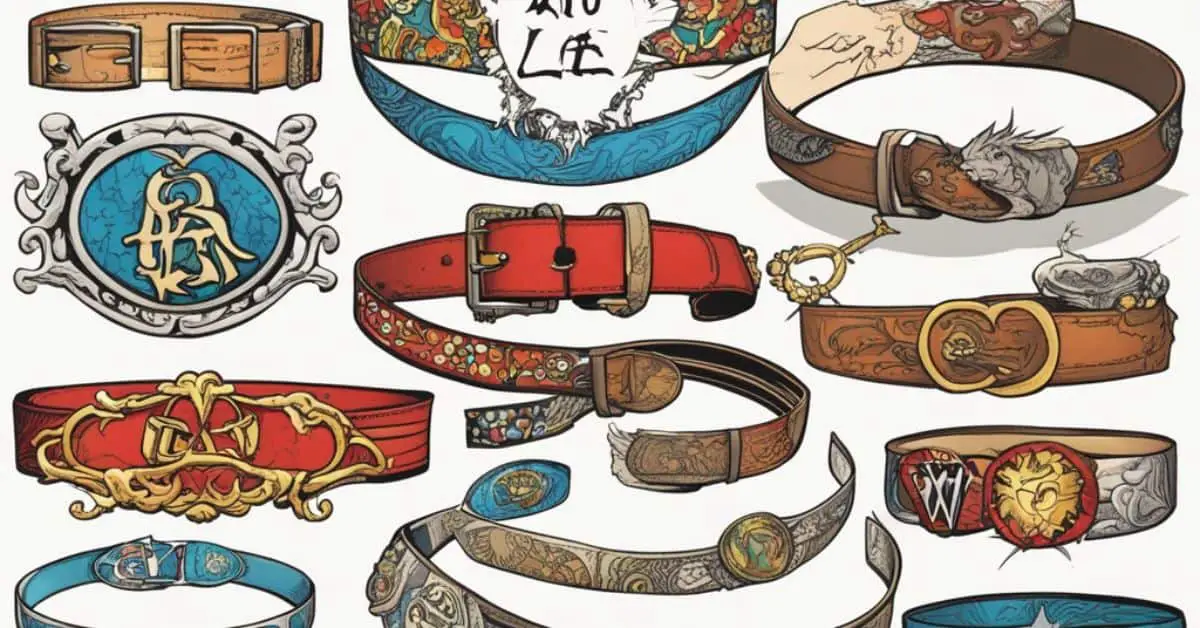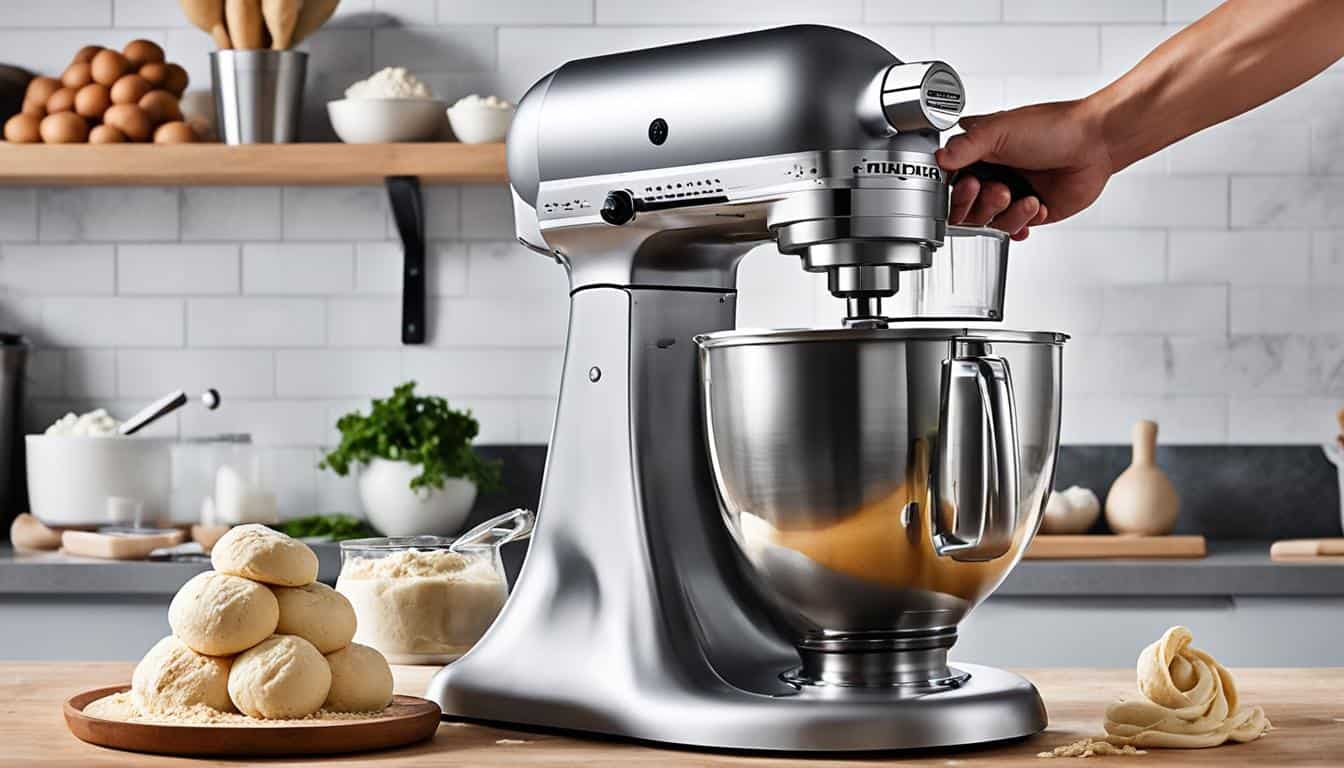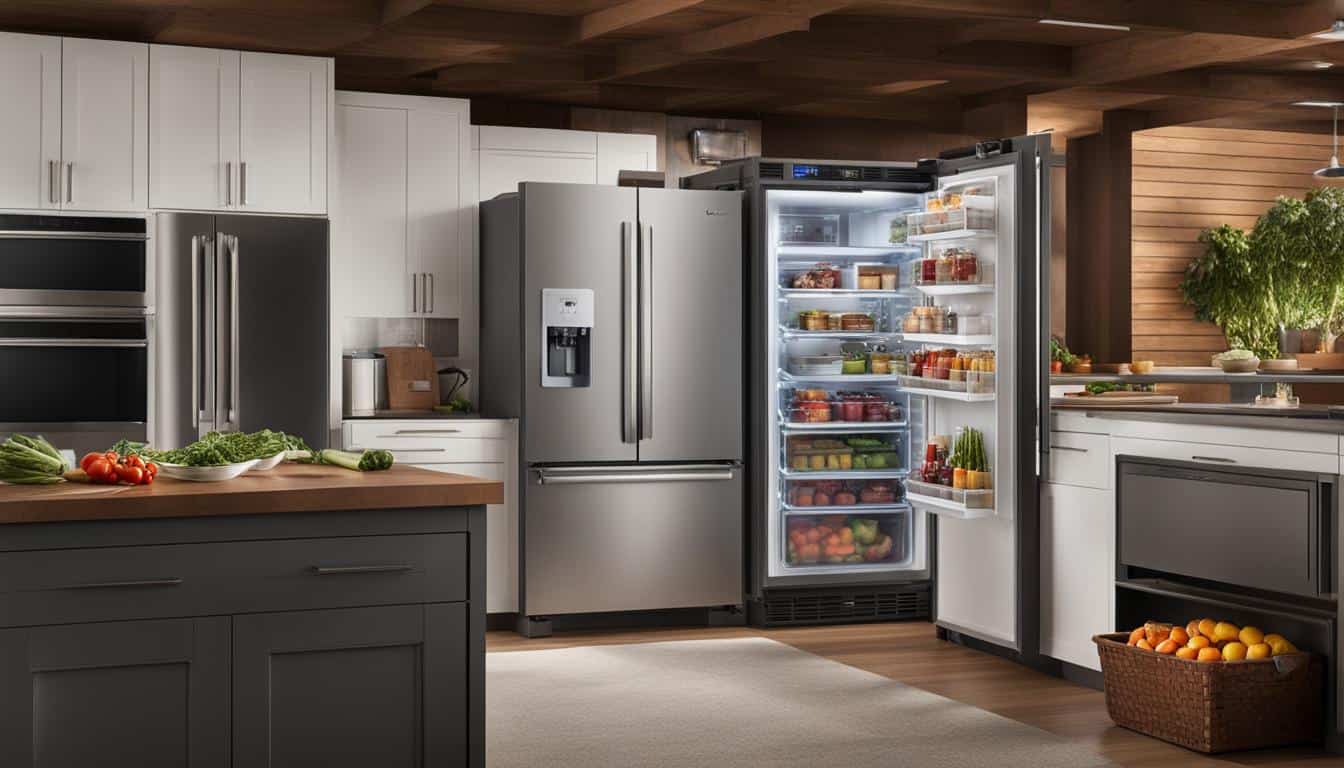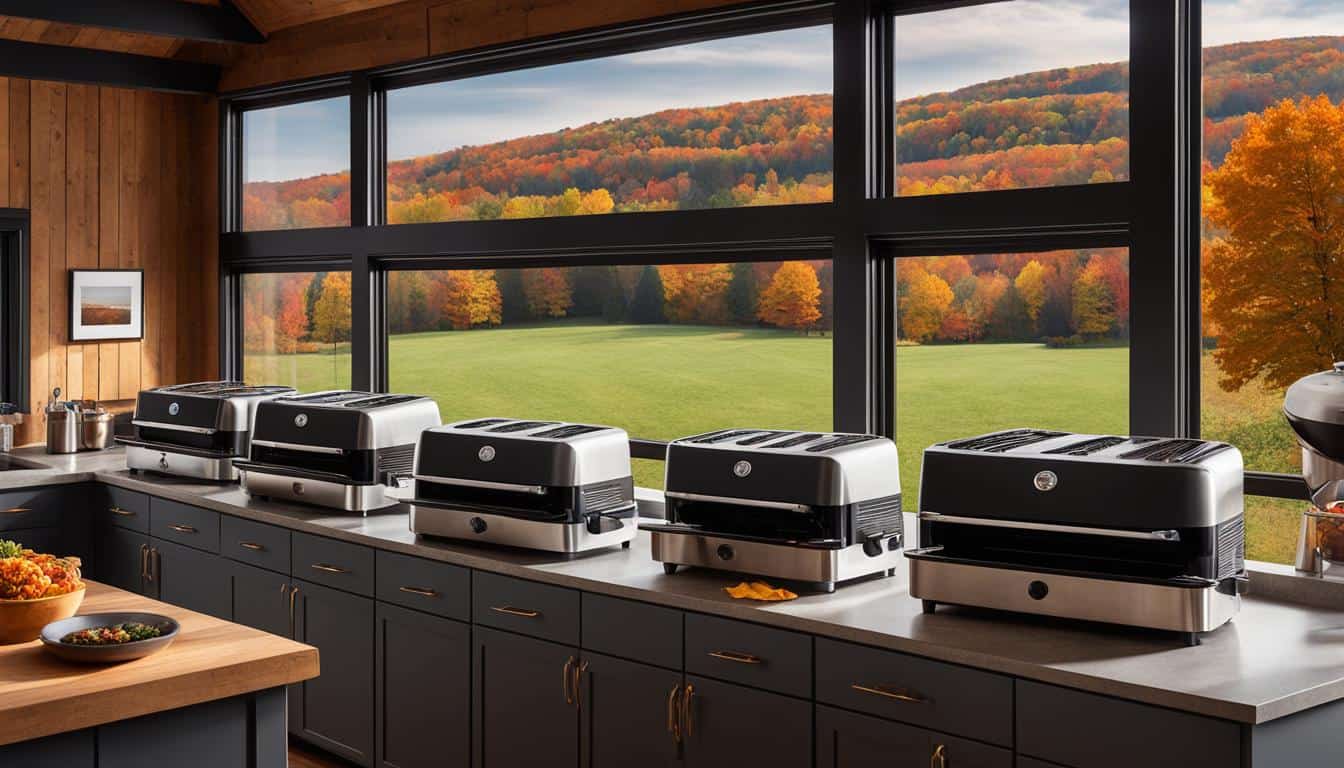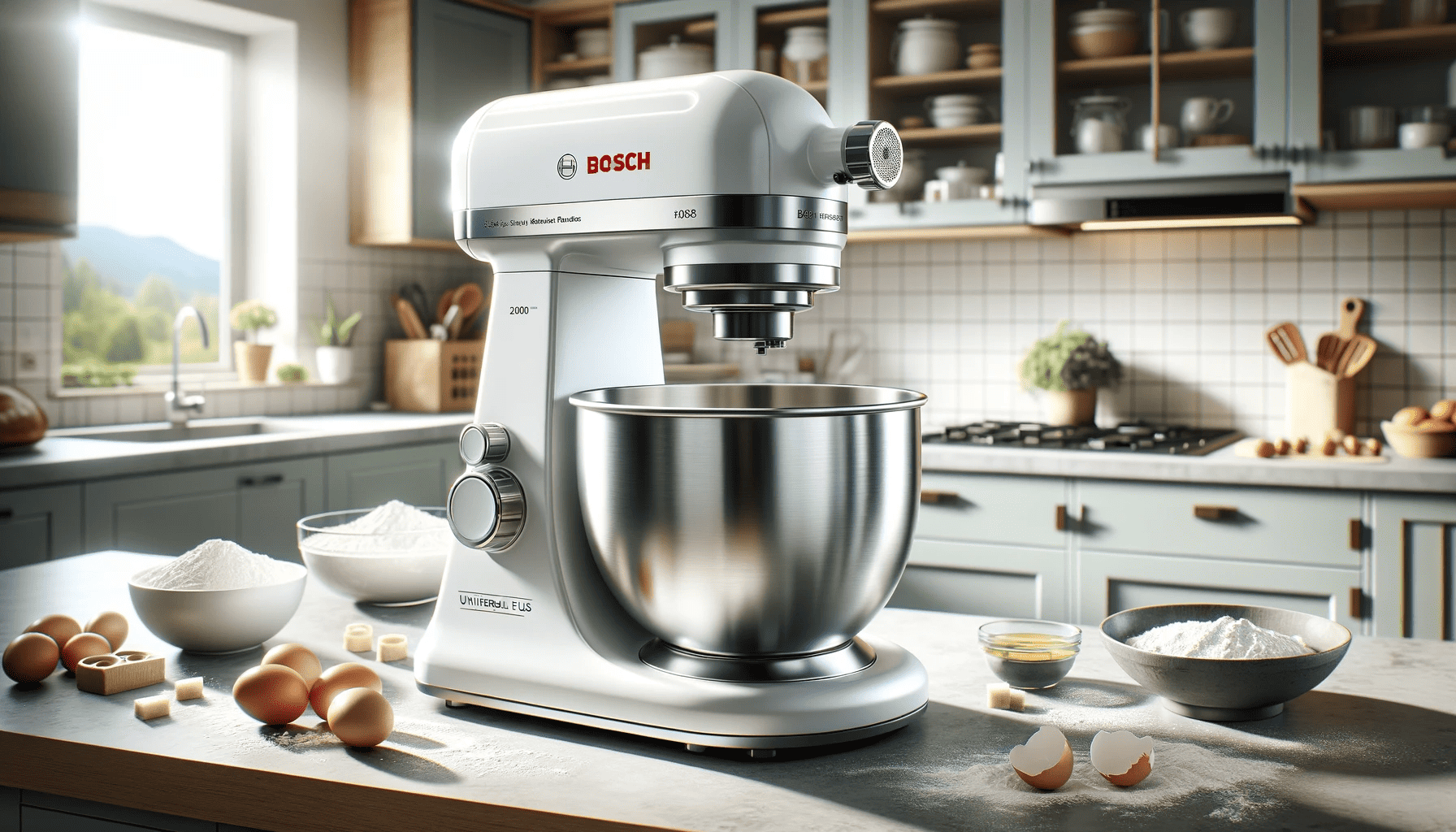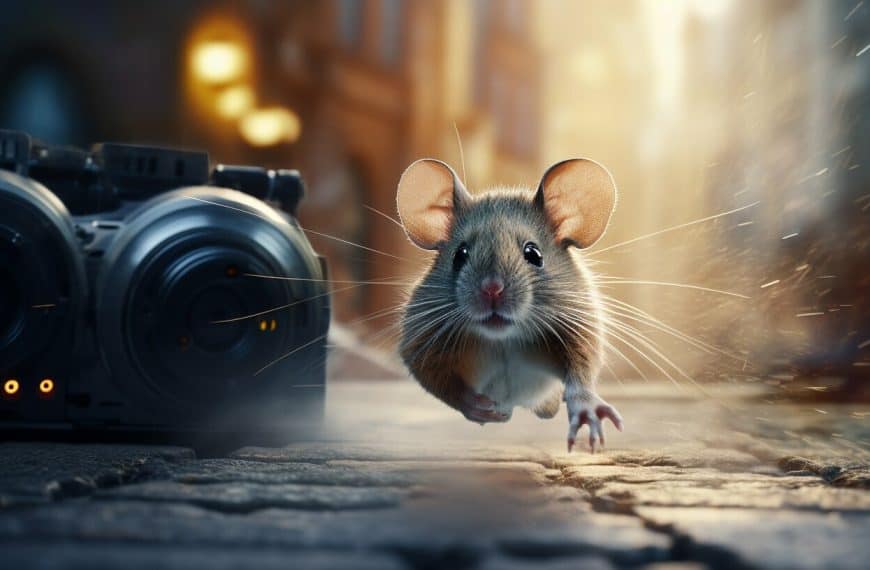-------
Learn More, Pick Smarter
Find Good Brands, Good Products, & Their Alternatives
reviews
Latest Posts...
Maximizing Your Robot Vacuum’s Battery Life: Tips and Tricks
Have you ever wondered how to make your robot vacuum’s battery last longer? Are you tired of your…
The Role of AI in Robot Vacuums: Smarter Cleaning Solutions
Imagine coming home to a spotless, impeccably clean house without lifting a finger. With the advancements in artificial…
How to Keep Your Robot Vacuum Running Smoothly: Maintenance Tips
Are you tired of your robot vacuum constantly getting stuck or not performing up to par? Do you…
Robot Vacuums vs. Traditional Vacuums: Which Wins the Cleaning Battle?
When it comes to keeping your home clean and tidy, there are two contenders vying for the top…
5 Things to Know Before Buying Your First Robot Vacuum
Are you tired of spending hours cleaning your floors? Are you ready to embrace the convenience and efficiency…
Top Features That Make a Robot Vacuum Stand Out
Robot vacuums have revolutionized the way we clean our homes, providing a convenient and efficient solution. But what…
Storage Ideas...
Appliances...
9 Advantages of Grill Smokers: Discover the Benefits of Smoking Your Food
Are you looking for a new way to up your grilling game? Look no further than grill smokers.…
10 Things to Know About Blender Controls
If you’re in the market for a new blender, choosing the right controls can make all the difference…
Good Built-In Microwaves: You Can Find at Amazon
When talking about Built-In Microwaves, there’s a lot to consider. These appliances have become a staple in modern…
Why Steam Presses Are a Must-Have for Sewing Enthusiasts
Are you tired of spending hours ironing your fabrics, only to have stubborn wrinkles still clinging to them?…
Baking Sheet With Silicone Coating: Good Amazon Finds
When it comes to kitchen essentials, finding the Good Baking Sheet With Silicone Coating can be a game-changer.…
Different Types of Electric Can Openers
If you’re tired of struggling to open cans with a manual can opener, or you just want to…
Guides...
Electric Scooters 101: Your Complete Beginner’s Guide
Greetings, fellow scooter enthusiasts! Are you new to the world of electric scooters? Fear not, for I am…
Comparing Espresso Machines: Manual vs Automatic for Home Use
Espresso machines are a popular appliance in many homes and coffee shops. They are designed to brew coffee…
A Sparkling Decision: How to Choose the Right Diamond Cut
When we think of an engagement ring, our minds often conjure images of sparkling diamonds, each cut to…
Energy Efficiency in Air Purifiers: Clean Air, Full Wallets, Can’t Lose
Energy efficiency in air purifiers is a game-changer, folks. We’re talking about a win-win situation for both your…
Can You Use an Extension Cord With a Dehumidifier? (What If It’s Heavy Duty)
Can You Plug a Dehumidifier into an Extension Cord? Dehumidifiers can be an essential household appliance if you…
How to Pack a Carry-On Like a Pro: Transform Your Travel Packing Game
How to Pack a Carry-On Like a Pro is not just about shoving clothes into a bag; it’s…
plus size...
Knee Scooters For Heavy People: Good 500, 400, 350, 300lb Options
Knee scooters are a fantastic alternative to crutches and even more so when you are a heavy person.…
Fat Guy Friendly Activewear: Gym Clothes That Let You Move Freely
Imagine this: a big guy, just like you or someone you know, walking into a gym. He’s pumped,…
Fat Guy Friendly Socks: Options That Don’t Cut Off Circulation
Fat Guy Friendly Socks are game-changers, and here’s why you need to know about them. Tired of the…
Fat Guy Friendly Belts: Good Belts That Don’t Dig Into Your Belly
Fat guy friendly belts should have some give, be narrow with small buckles, and be made of a…
Fat Guy Friendly Yoga Mats: Mats That Give You Space and Support
Fat Guy Friendly Yoga Mats are a game-changer in the world of fitness and well-being. For too long,…
Fat Guy Friendly Jeans: Jeans That Don’t Dig Into Your Waist
Fat Guy Friendly Jeans: Jeans That Don’t Dig Into Your Waist are a game-changer, my friends. Let’s be…
Beauty...
Infinity PR Pro Endurance Review: Your Pocket-Sized Gym Recovery Buddy
Remember that dreaded post-workout ache, the one that lingers and sabotages your next training session? It’s a familiar…
GNC Pro Performance Creatine Monohydrate Review
Ah, the world of fitness supplements. One minute you’re downing protein shakes like they’re water, and the next,…
Silk’n BellaFlash Pro Review: So, You’re Sick of Shaving Every Day?
We’ve all been there, right? You know, that annoying moment when you’re running your hands over your freshly…
Hyperbiotics Pro 15 Review: The Tiny Pill that Packs a Punch
Remember that time you popped an antibiotic for a nasty bug, and then felt like your digestive system…
Lorac Pro Fiber Mascara Review: Ditch Your Old Mascara
Hey, beauty enthusiasts! You know that moment when you’re standing in front of the mirror, making those ridiculous…
Top 10 Most Sought-After Arabian Perfume Brands
Arabian perfumes have long been renowned for their decadence and luxurious scents, making them some of the most…
fashion...
Halara Skirt Review: Discover the Ultimate in Style & Comfort
Looking for activewear that combines style, comfort, and versatility? Look no further than the Halara Skirt. In this…
Krakatoa Underwear Review: Experience Unmatched Comfort Today
Hey there, fellow comfort-seekers! Ever found yourself on a quest for the holy grail of underwear? Well, let…
Clothes Like Killstar (5 Clothes Brands Similar To Killstar)
If you’re a fan of Killstar clothing, then you’ve probably already been introduced to the brand’s wide range…
Shein Jeans Review: Stylish Denim Options Worth Trying
If you’re looking to perfect your wardrobe with stylish denim options, look no further than Shein jeans. Designed…
Does Anne Klein Run True To Size? (True, Big or Small?)
Anne Klein clothing generally runs true to size, but it’s recommended to pay attention to the size chart,…
Nvgtn Leggings Review: Unleash Your Full Potential Today
Have you ever stumbled upon Nvgtn Leggings while scrolling t ough your social media feeds and wondered what…
Product Reviews
Good Alternatives
When it comes to finding the Good Baking Sheet Set, it’s all about quality and functionality. Imagine having a set that ticks all the right…
If you’re an avid baker looking to elevate your baking game effortlessly, you need the right appliance to help you knead dough to perfection. In…
Welcome to the world of smart freezing! Are you tired of t owing away food because it spoils too quickly? Say goodbye to food waste…
Welcome to the culinary landscape of Pennsylvania, where historic charm meets modern cooking. Pennsylvania boasts of iconic dishes that have been passed down t ough…
The Bosch Universal Plus Stand Mixer is a powerful and versatile kitchen companion, perfect for both seasoned bakers and newbies. It offers efficient mixing, optional…
Hosting a party is exciting, but it can also be stressful and overwhelming. Wine cooler party planning can help alleviate some of the pressure and…
Categories
- Air Fryers85
- Alternatives403
- Appliances60
- Best53
- Blenders53
- Bread Makers1
- Buffet Servers1
- Can Crushers1
- Chocolate Fountains1
- Coffee Makers1
- Cookie Presses1
- Cooktops38
- cookware13
- Cotton Candy Machine1
- Crepe Makers1
- Dishwashers30
- Donut Makers1
- Egg Cookers1
- Electric Can openers1
- Electric Kettles1
- FAQs110
- Fondue Pots1
- Food Dehydrator1
- Food Processors22
- Food Slicers1
- Food Steamers1
- Food Warmers9
- Freezers34
- Good Brands5
- Gravy Boats6
- Griddles and Skillets1
- Grills67
- Grinders1
- Grow Lghts57
- Ice Cream Makers1
- Ice Makers21
- Ice Shavers4
- Ironing112
- Juicers14
- Microwaves45
- Milk Frothers1
- Mixers9
- Ovens46
- Panini Presses1
- Pasta Makers1
- Popcorn Makers1
- Popcorn Popper1
- Pressure Cookers1
- Quesadilla Makers1
- Rangehoods7
- Refrigerators49
- Reviews280
- Rice Cookers1
- Sausage Stuffers1
- Slow Cookers1
- Soup Kettles1
- Storage272
- Stoves45
- Toasters1
- Tortilla Presses1
- Vacuum40
- Waffle Makers1
- Wine Caddies1
- Wine Chillers1
- Wine Coolers34
- Wine Dispensers1
- Woks1
- Yogurt Maker1
